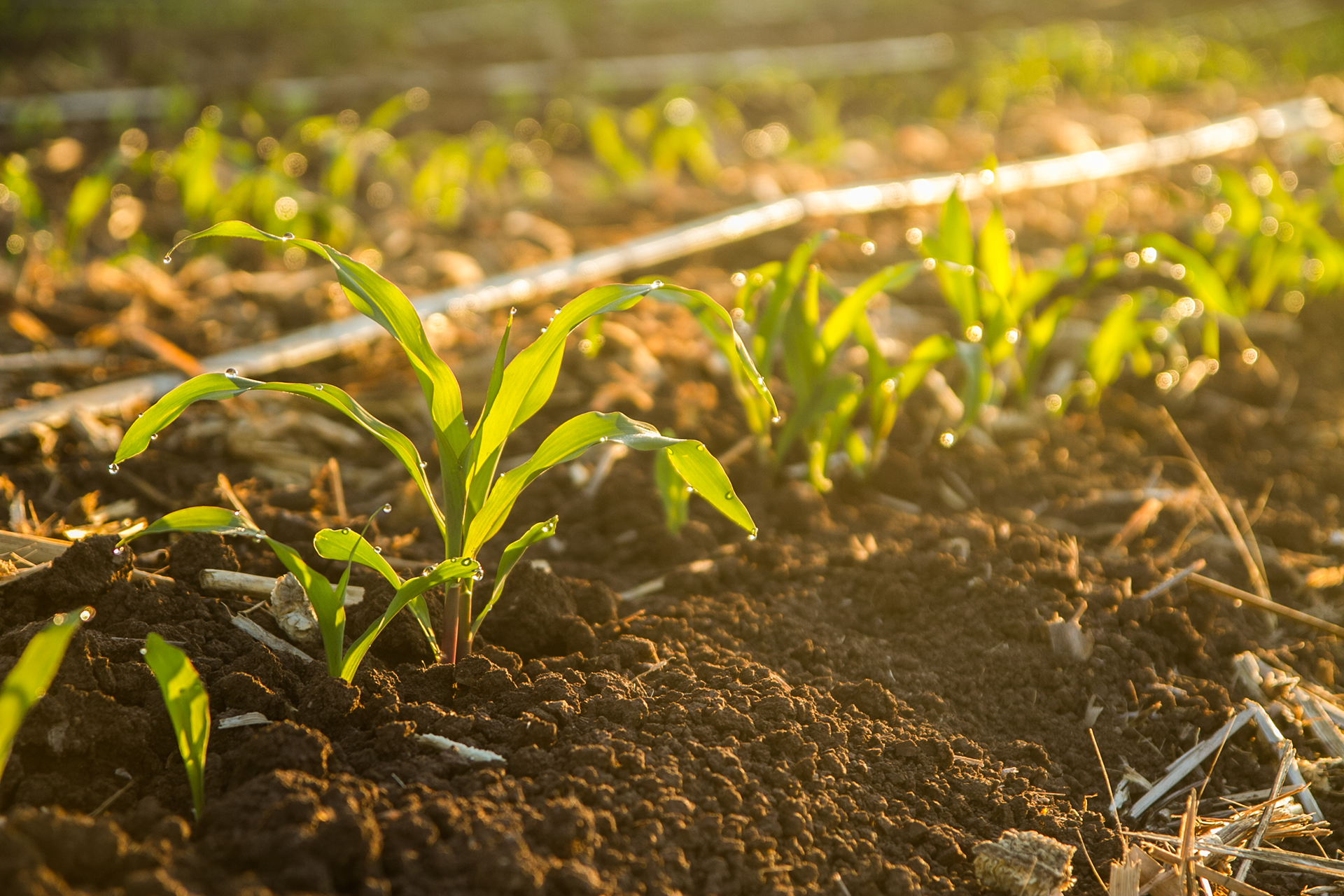Climate change poses significant challenges to South Africa’s agricultural sector, which is already vulnerable to droughts as one of the driest countries in the world. This means that adaptation strategies will become crucial.
The adverse effects of an extended El Niño cycle in recent years has resulted in lower rainfall and prolonged dry spells. Droughts have led to significant declines in crop yields, with the South Africa’s Crop Estimates Committee lowering the 2023-24 maize harvest to 12,8 million tonnes, down 22% from the previous season (although there is sufficient surplus from the previous season to tie us over). Climate shifts with unusually freezing weather in Limpopo province this past winter has also devastated potato, tomato farmers, peppers, avocado, citrus, berries, macadamias and other cash crops.
While the weather outlook for the 2024/25 summer season is positive with a return of La Niña bringing early rains to support the season, climate change is manifesting in increasingly unpredictable weather patterns and extreme conditions.
Predictions that South Africa could see increases of 5-8°C by 2050 in certain regions could threaten crop viability and livestock health. Failed harvests further makes farmers hesitant to plant certain crops, which could lead to a decline in overall agricultural output, food inflation, and longer term economic challenges.
These alarming trends emphasise the critical need for resilient infrastructure and proactive measures to safeguard food production.

Ben Leyka, CEO of the African Agri Council
Mounting climate risks
The nexus of water, energy, and agricultural security is vital for sustainable development in Africa. For instance in Mozambique, rising temperatures and extreme weather events are projected to lead to a staggering 25% drop in maize yields by 2030. This highlights the vulnerability of African agriculture and the urgent need for resilient infrastructure.
In Nigeria, the agricultural landscape is hindered by inadequate infrastructure, leading to post-harvest losses of up to 40% for perishables like tomatoes and onions. These inefficiencies not only exacerbate food insecurity but also drive up prices, leaving farmers vulnerable to market fluctuations.
Meanwhile, smallholder farmers in Ghana face significant financing challenges, as traditional banks often overlook them due to perceived risks and lack of collateral. This financing gap limits access to essential resources such as seeds and machinery, trapping many farmers in cycles of debt and stifling productivity growth in the sector.
Investing in resilience
As Africa’s agricultural sector confronts the escalating challenges of climate change and insufficient infrastructure, the African Agri Investment Indaba (AAII) is poised to be a transformative force for large-scale investment in the continent’s agriculture. Scheduled for November 18-20 at the Cape Town International Convention Centre, this premier event will gather influential stakeholders—including agribusiness leaders, institutional investors, government officials, and development agencies—to explore innovative investment opportunities that address the sector’s most pressing issues.
Ben Leyka, CEO of the African Agri Council, underscores the importance of the Indaba: “This gathering is vital for forging partnerships that unlock investment across Africa. By focusing on infrastructure development and technological innovation, we can secure the future of food security on the continent.”
The AAII aims to foster public-private partnerships and showcase investment-ready projects that tackle interconnected challenges such as climate change, infrastructure deficiencies, and financial barriers. With initiatives like deploying mini-grids, improving access to markets, and coordinating interventions, the Indaba seeks to stimulate agricultural production and boost local economies.
The nexus approach not only addresses immediate agricultural challenges but also promises multiple benefits for Africa: mitigating climate change, creating jobs, and fostering economic growth. As stakeholders come together at the Indaba, they will pave the way for sustainable investment that will redefine the agricultural landscape across Africa.
For media inquiries or registration details, please visit www.agri-indaba.com or contact the African Agri Council at eventhost@agricouncil.org.









